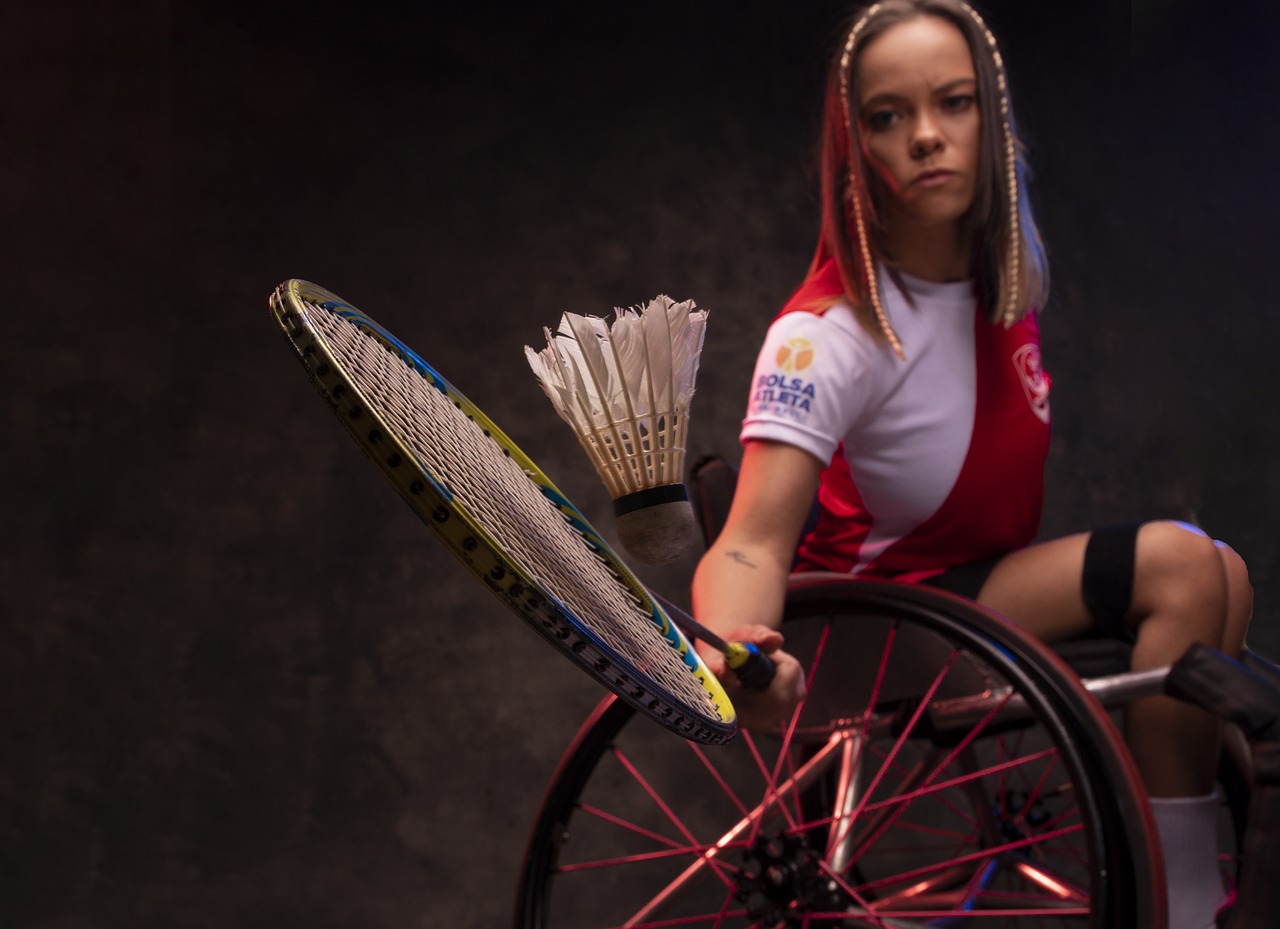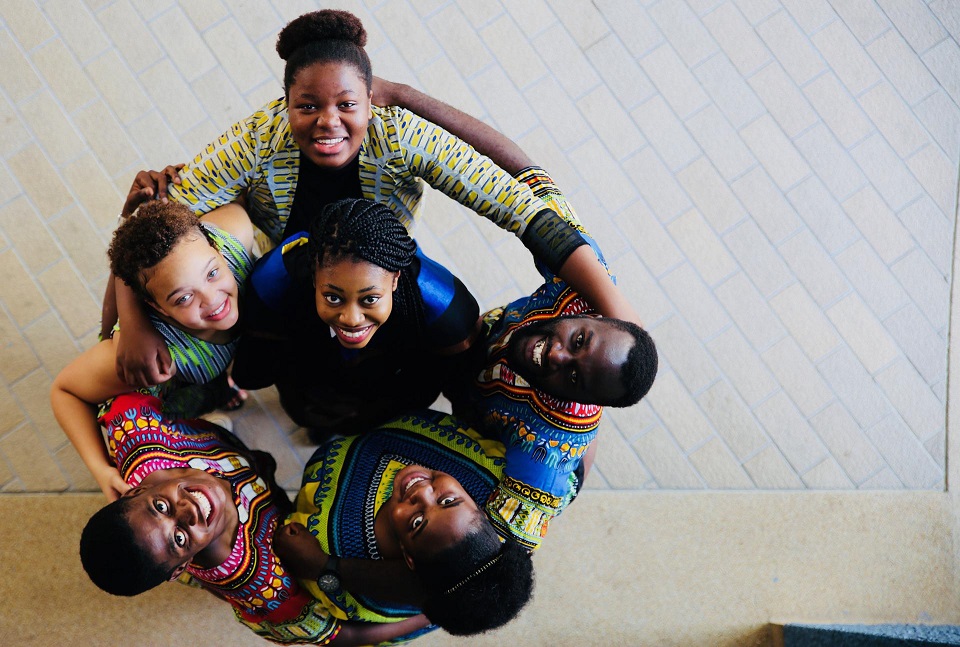Experiences and voices within a society are diverse and often contradictory. Ignorance and exclusion disable human beings. The issue is not what is wrong with certain people, but what is wrong with a society which makes the lives of some people miserable.

Mabel Encinas
If we need everybody to work together, how can it be right to accept the cuts to disabled people’s support?
Culture is both the result and the process of working together. However, each person has their own experience of a culture depending on the place in which they participate and develop (in the diverse doings which constitute that culture).
This is why cultures are not coherent. Describing a national culture for example, such as The British Culture with uppercases, creates more a stereotype than a coherent characterisation. Generalisations about a culture do not account for each of the varied communities, groups and individuals that participate in a society.
Even less, in a highly complex and diverse society as the one in which we live in the UK.
British cultures are multiple depending on numerous categories (and their intersections) such as social class, gender, age, religion, education, previous migrations, sexual orientation, body-diversity, neuro-diversity and other distinctions such as rural-urban, north-south, or nation of origin, to name but a few. Experiences and voices within a society are diverse and often contradictory.
 Life in a culture is a process of transforming and shaping the world in which we live, which includes transforming and ‘shaping’ the people who live in that world.
Life in a culture is a process of transforming and shaping the world in which we live, which includes transforming and ‘shaping’ the people who live in that world.
Every culture teaches people behaviours as well as aspirations and hopes, and offers the knowledge and wisdom built by their ancestors to be re-produced.
In that sense, culture is or should be an enabler for people.
However, and paradoxically, as critical research has pointed out for at least four decades culture also fabricates disability, instead of acknowledging and including neurological, physical and psychological diversity of individuals. When society notices, handles, mistreats, ‘remediates’, repudiates, and pushes aside some people who do not become part of the mainstream ‘way of being’, these people become disabled.
Disability is created by society.
The diversity of abilities, or the impairments, are not a problem when people can participate in a variety of settings and activities within a particular society.
Disability is created by societal aims to ‘normalise’, fixing what is ‘wrong’, and to ‘sort out’ people.
 Both traditional medical views and traditional education have fallen into this trap, even if they worked with the intention to help.
Both traditional medical views and traditional education have fallen into this trap, even if they worked with the intention to help.
This is what is known as the medical model of disability.
This model is part of a ‘cure’ culture. It is not part of a culture of acceptance as Amethyst points out in her YouTube videos that emerge from her experiences as an autistic person.
Ignorance and exclusion disable human beings. The issue is not what is wrong with certain people, but what is wrong with a society which makes the lives of some people miserable.
As McDermott and Varenne pointed almost twenty years ago, without a distinction between able and disabled people, persons would not be trapped by culturally fabricated ‘disabilities’.
Everybody’s equal rights to live with dignity and to participate as they are should be respected.
Nevertheless, with the current state of affairs, to respect the human rights of disabled people entails the recognition of the additional efforts in which they embark, as much as the additional expenses which they have to incur in order to participate in our non-inclusive society.
 In the last few years, and particularly during the year that is coming to an end, disabled people’s hard earned rights have been threatened.
In the last few years, and particularly during the year that is coming to an end, disabled people’s hard earned rights have been threatened.
We have never been at the level required in terms of the support to disabled people’s needs, but the conservative government has been walking backwards in terms of their support.
For example, additional stress has been provoked, which has even resulted in deaths and suicides within the community, through the notorious work capability assessments. We need everybody to work together, but for that, we need to welcome diversity by acknowledging and supporting the rights of disabled people to fully participate in contemporary UK.
It is socially intolerable to accept the cuts to disabled people’s support.
We should be promoting accessibility, equality and inclusion.
(Photos: Pixabay)












.jpg)












